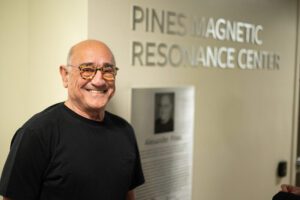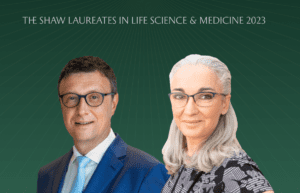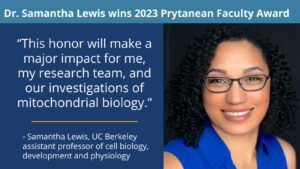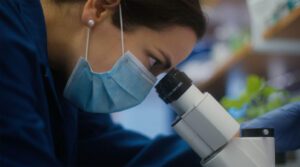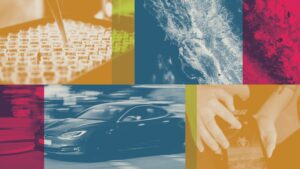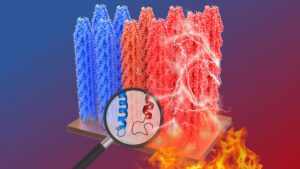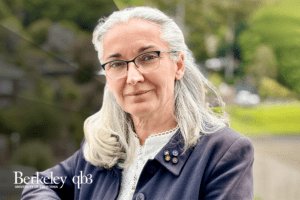
Faculty focus on Eva Nogales
January 17, 2024
Eva Nogales is a professor of biochemistry, biophysics and structural biology, and a Howard Hughes Investigator. The Nogales lab is dedicated to gaining mechanistic insight into crucial molecular processes in the life of the eukaryotic cell. The lab’s two main research themes are the dynamic self-assembly of cytoskeleton during its essential functions in cell division,…

